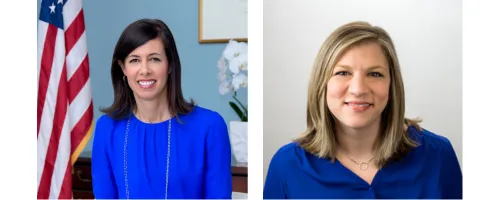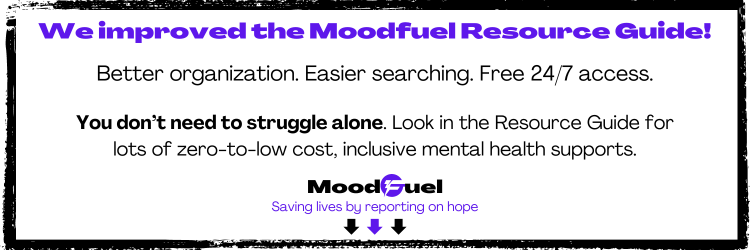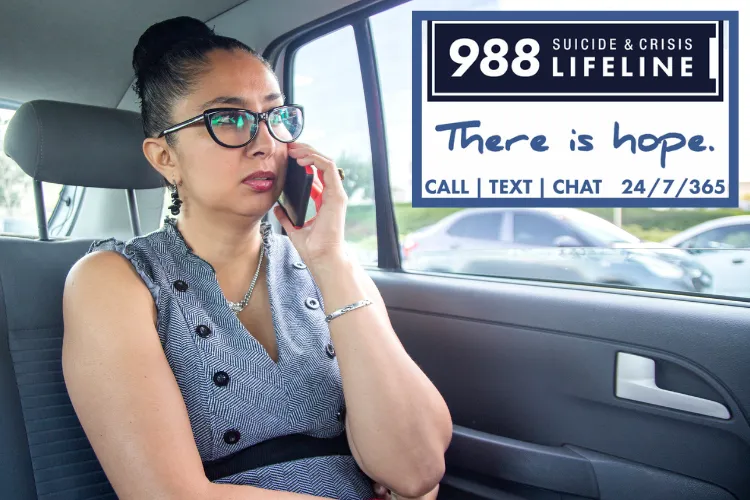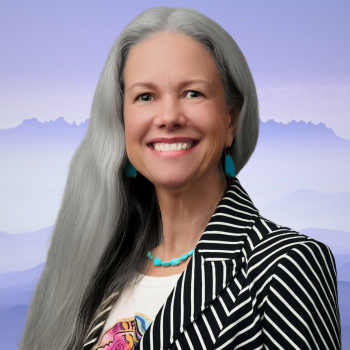By Renata Hill, Moodfuel
Using a caller's location instead of their area code while maintaining privacy will help 988 provide more relevant support
Recently, the U.S. Department of Health and Human Services (HHS) and the Federal Communications Commission (FCC) announced a possible improvement for the routing of calls to 988, the national Crisis Lifeline. Currently, 988 calls are routed according to a caller's area code. FCC Chairwoman Jessica Rosenworcel proposed a new rule to route calls based on physical location instead, ensuring prompt, relevant access to nearby mental health services while preserving privacy.
"When people reach out to 988 for help, they should have confidence that the support they receive is local. As we develop technical solutions, we want experts in mental health to work with us every step of the way,” said Rosenworcel.
The new rule would require all telecommunications companies to implement "georouting" for wireless calls to 988 while balancing the privacy needs of individuals in crisis. Georouting refers to the technical aspects of directing calls based on a caller's vicinity without transmitting a precise location.
In a press release, Hannah Wesolowski, chief advocacy officer of the National Alliance on Mental Illness (NAMI), said that most people keep their cell phone number even if they relocate, so their area code may not reflect their location accurately.
“Today, if someone calls 988, they will connect with a trained crisis counselor who can help them. However, people are traveling around the country with their phones, so the counselor answering the call may be across the country and not in someone’s current location,” said Wesolowski. “(The Lifeline) will not reach its full potential unless every help-seeker is able to get immediate help and be connected with resources available where they are.”

The new FCC rule is crucial to ensuring that Americans can access mental health care as quickly and as safely as possible, stated Sen. Alex Padilla, co-founder of the Senate Mental Health Caucus, at a news conference with the FCC and HHS.
In Sep. 2023, Rosenworcel called on major wireless carriers to address the location discrepancy by taking steps to identify and develop georouting solutions within a reasonable time. Now, the FCC also is seeking comment on the impact of georouting solutions on texts to 988, an increasingly popular way to reach out for help.
Since it went live nationwide in 2022, the Lifeline has received 9.1 million calls, texts and chats from people needing to connect with mental health, substance misuse and suicide crisis supports. The service has expanded to include Spanish speakers, American Sign Language users and LGBTQIA2S+ callers. Veterans can reached trained counselors by calling 988 and selecting Option 1. Each call is handled by a trained counselor or peer specialist with similar lived experience.
The FCC did not provide a timeline for implementing the geolocating improvement. The next step is a full Commission vote on the proposed rule, then a comment period opens to collect information.




